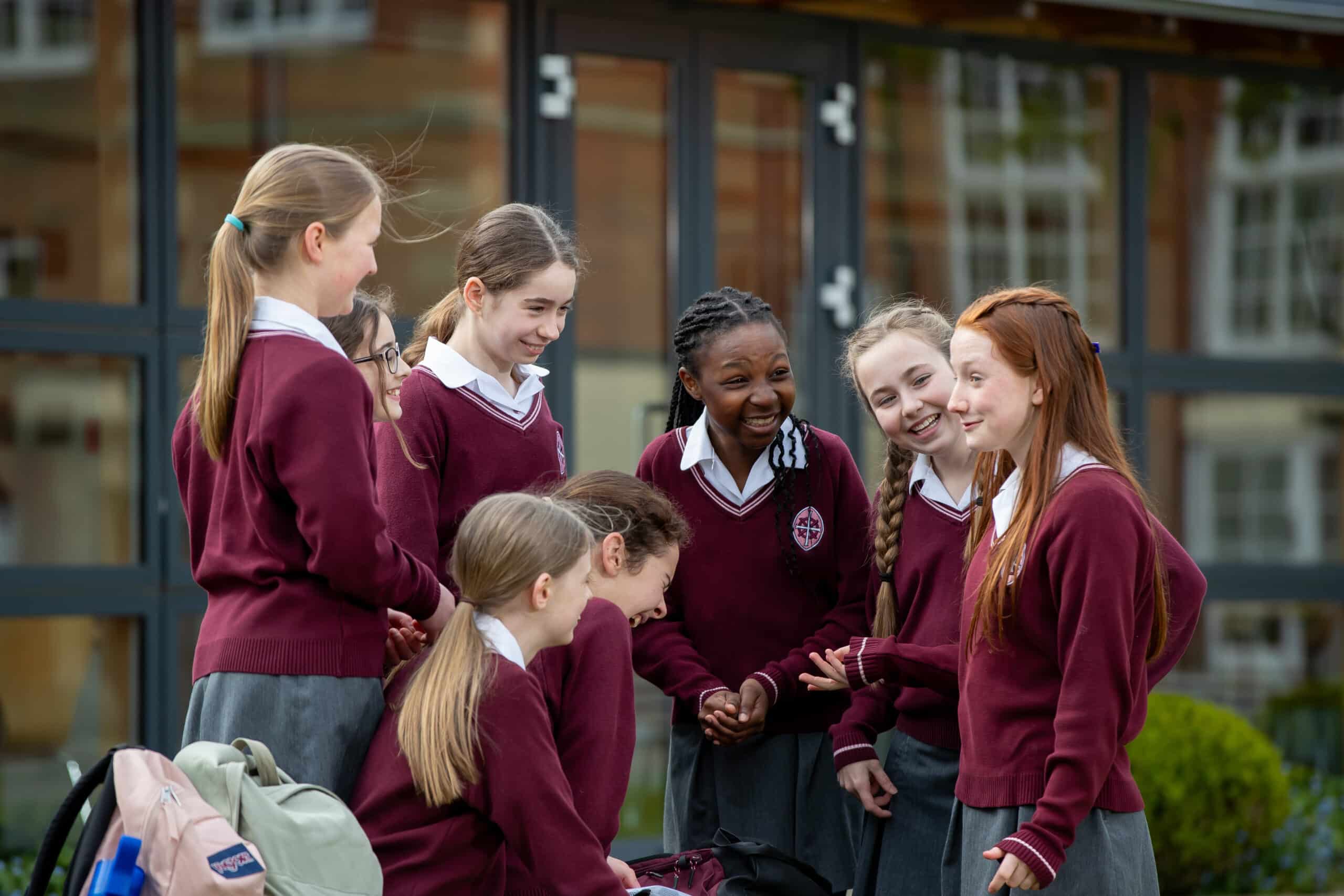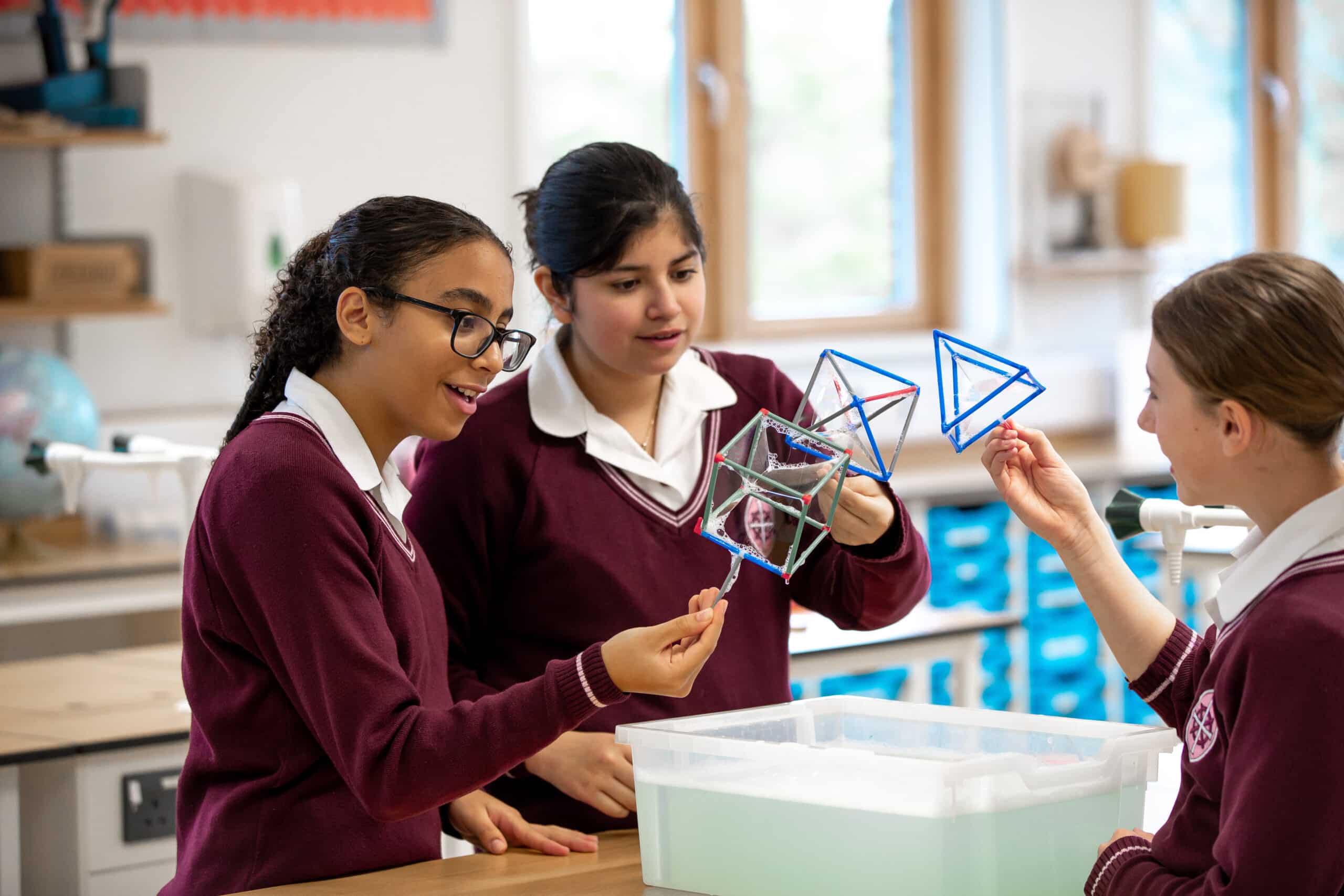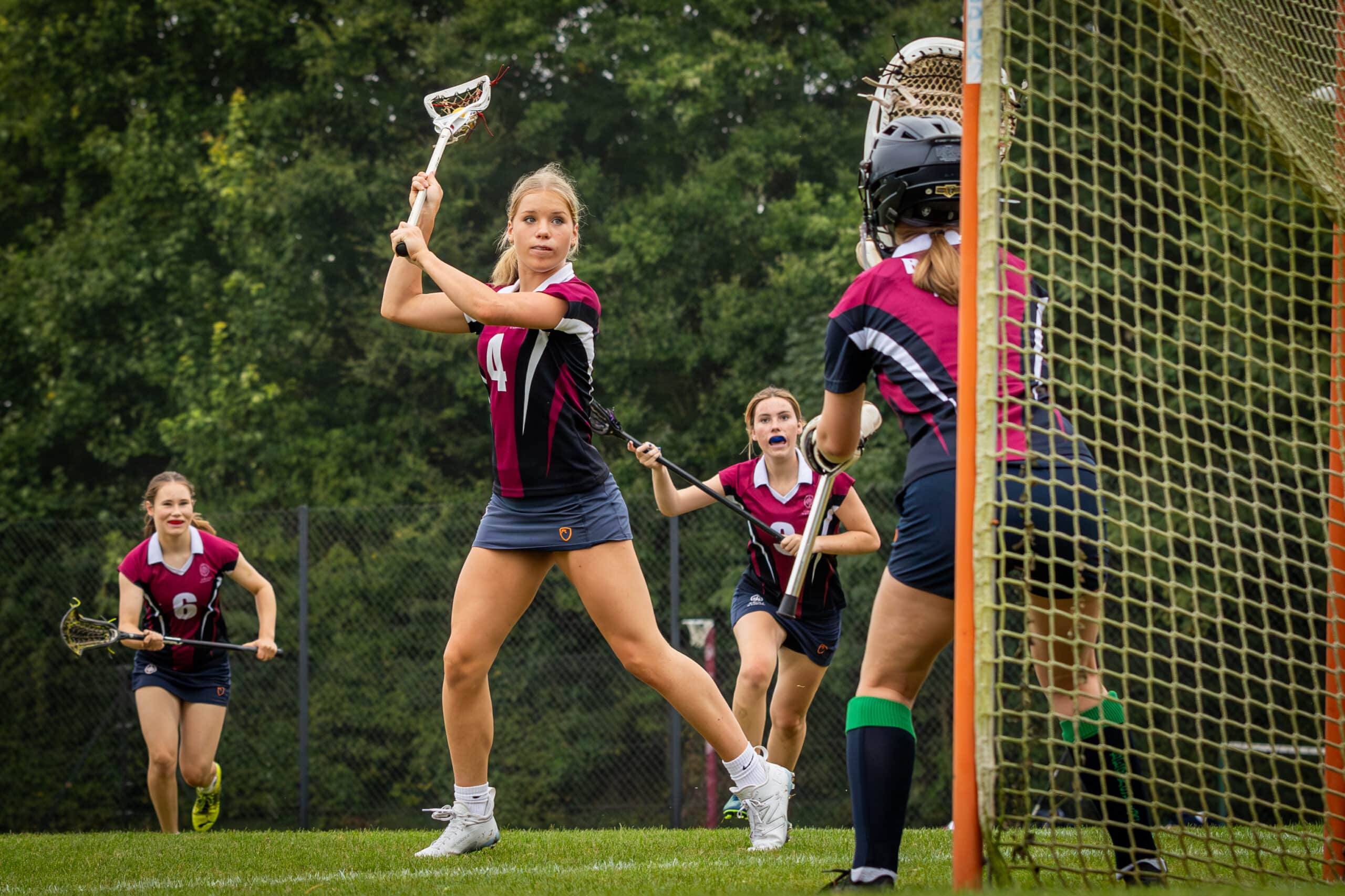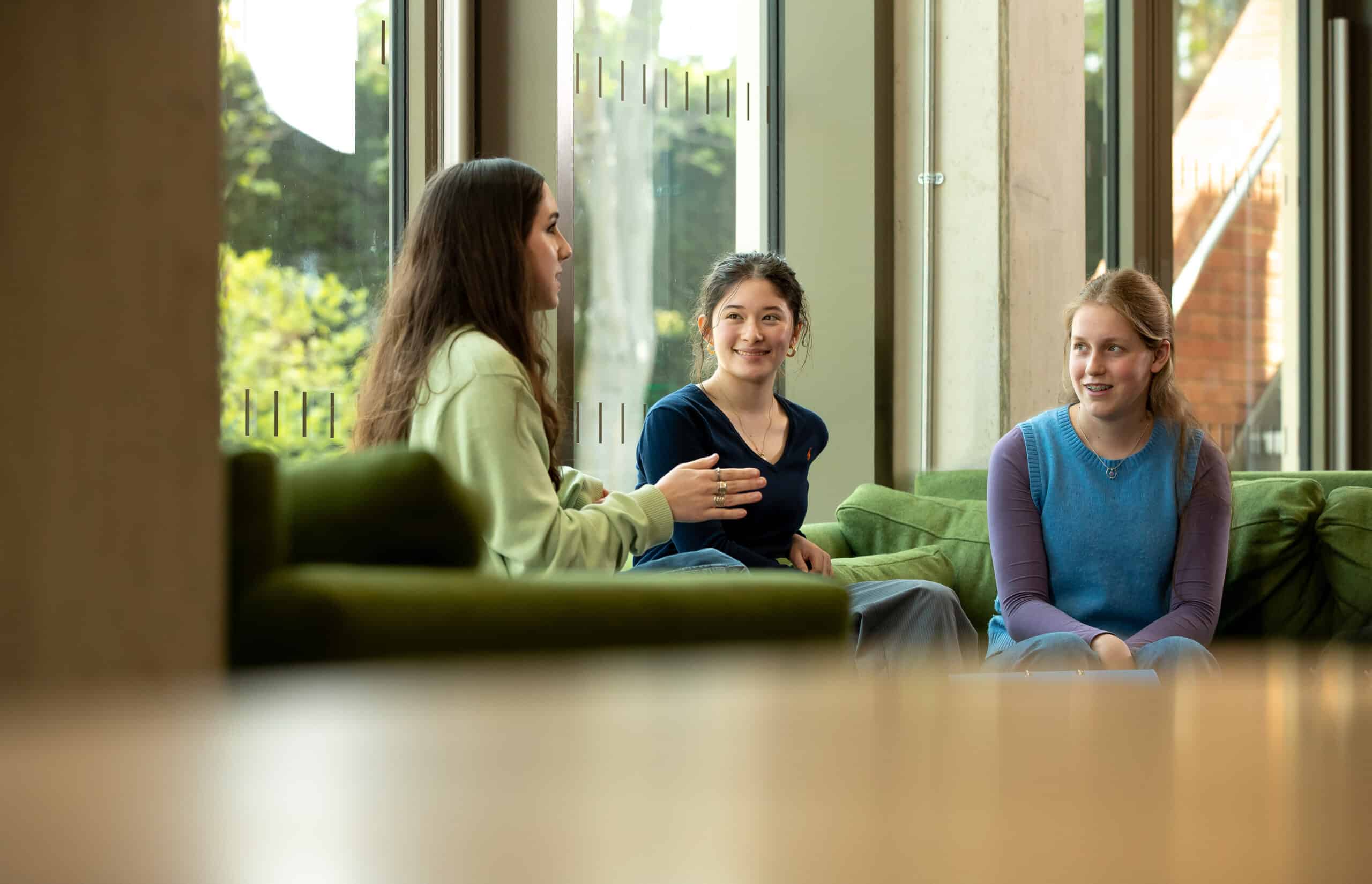Following the first sports nutrition talk to students and parents on the 25 January, Mr Wall shares the key aims and takeaways of sports nutrition for the youth athlete.
One of the main concepts I try to get across to our student athletes from a nutritional standpoint is that the requirements for their training and sport schedules are way above the typical guidelines for the “average” person. And I put an emphasis on student athletes. Especially at St Helen’s, students can be doing sport every day between school teams, external sports clubs and pathways, sometimes multiple in a day. These physical endeavours are a mix of sports training, strength and conditioning work and matches that all need nutritional support. The level of performance and volume of sport that they can sustain alongside their academic work is truly amazing, so having the mindset to view themselves as young athletes is important.
Our key aims for sports nutrition are to provide student-athletes with the knowledge and strategies to:
- Maximise performance on competition days and in training sessions
- Maximise training adaptations from each training session
- Recover effectively session to session, day to day and week to week
- Maintain a healthy immune system and reduce the risk of injury
When considering the youth part of being a young athlete, there are special considerations that need to be made. Adolescence is a phase of significant physical development: students are growing at a rapid rate and maturing towards their adult bodies. This period is also defined by hormonal changes and fluctuations. Considering the youth part of being a young athlete, alongside their body’s general energetic needs and then the sporting demands on top is crucial to their health and wellbeing.
When thinking practically about supporting a student athlete, one of my first focuses is to look at what a typical training week looks like. How much training do they have each day? How intense are those sessions? Plotting this information out across a week is a simple place to start looking at where demands are high and where to put particular focus on meals or snacks. People can be habitual, especially with food, but by viewing each day individually you can match the energy demands accordingly to optimise our key aims from above.
Fuelling the body to match sport and training demands is key to supporting all three parts of our young athlete nutrition triangle. Athletes (particularly female athletes) that have high training volumes or don’t match their energy intake with their training demands can be at risk of falling into a situation of having low energy availability, where there isn’t enough energy left over after sport and activity for basic biological functions. Sustained low energy availability can become a clinical syndrome called RED-S (Relative Energy Deficiency in Sport), where the body enters an ‘energy saving mode’ and is unable to perform all its functions, resulting in a range of health and performance consequences. Young athletes eating enough to support their body is crucial.
At the core of it all, understanding some basics of nutrition, training demands and eating to support those demands go a long way to setting up for success. Food is also about enjoyment and sharing social experiences, a core part of our day. Nutrition should underpin health and well-being; if this is in place, then performance can flourish.
Thoughts from the students:
- “I found this talk really helpful to improve my approach before and around matches to maximise energy levels and recovery” – Sarah (U6D), Lacrosse 1st Captain
- “This talk really raised my awareness of how much more energy you need as a young athlete in comparison to the average person, and why that is the case” – Amelie (U6D), Sports Scholar
- “I thought the female-specific information around energy intake, RED-S and micronutrients was really valuable to know for our health, which will help our sport too” – Lottie (U6D), Sports Captain
If you’re a parent or student that wishes to watch a recording of the talk, please email Mr Wall. Future talks will go into more depth around sport-specific examples, scenarios and contemporary advice in the world of nutrition.













